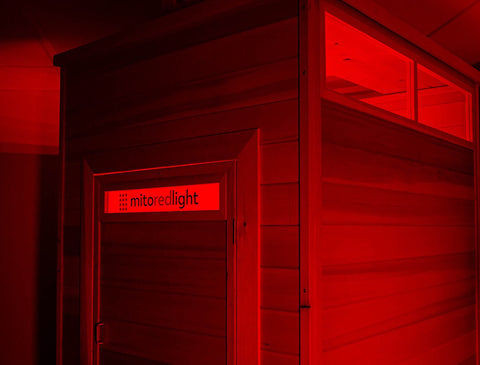Abstract
Introduction: Multiple sclerosis (MS) is an autoimmune disease. Inflammatory cells, cytokines and chemokines play a major role in the pathogenesis of the disease. Low-level laser therapy (LLLT) as a photobiostimulation approach could affect a wide range of cellular responses. LLLT inhibits the inflammatory signaling pathway, improves cell viability, inhibits apoptosis, modulates immune responses and induces the production of growth factors. Methods: In this review, we discuss the effect of LLLT on cellular responses and its application in the treatment of MS. Such keywords as "low-level laser therapy", "photobiomodulation" and "multiple sclerosis" were used to find studies related to laser therapy in MS in Google scholar, PubMed and Medline databases. Results: LLLT reduced the inflammatory immune cells and mediators. It also enhanced the regeneration of neurons. Conclusion: Investigations showed that besides current treatment strategies, LLLT could be a promising therapeutic approach for the treatment of MS.
Keywords: Autoimmune disease; Laser therapy; Low-level laser therapy (LLLT); Multiple sclerosis (MS); Photobiomodulation.




















